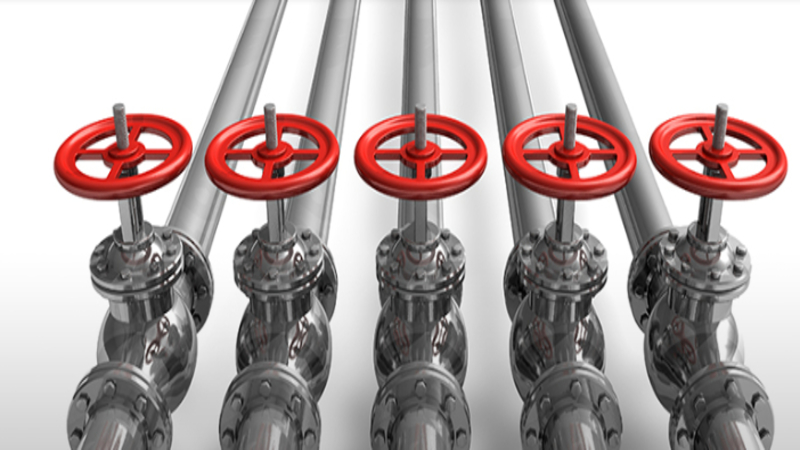If your business manufactures, processes, or ships materials, you probably need to measure goods. A floor scale is one of the most important and helpful measuring tools you can own. In fact, it’s vital to have the most accurate scales for your business, and you have two basic choices. Do you go with mechanical (analog scales) or modern digital scales? Let’s look at each option to help you decide.
Analog Scales
Analog scales have a long history of weighing things. Here is how they work. You place something on the scales platform, and a spring mechanism stretches, turning an arrow or pointer on a dial with numbers. By adjusting spring tension, you calibrate and adjust weighing sensitivity.
Electronic Scales
Digital scales are sometimes called electronic scales because they need electric power and use electronic circuitry. When you weigh something on electronic floor scale equipment, load cells under the platform react to the weight’s pressure. Strain gage load cells measure changes in electrical resistance produced by the strain gage mechanism. Transducers turn these signals into digital signals which the processing unit reads and turns into numbers on a digital display.
Accuracy
Even though both digital and analog scales are highly effective, digital scales are more sensitive and can weigh in small increments. When you read analog scales, you have to place yourself directly in front of the readout area, or you won’t get an exact reading.
Benefits
Analog scales need no source of power. However, with digital scales, you can receive weight data from anywhere in your facility. Transducers send results to control rooms or computers connected to the Internet. This lets you keep track of your measurements from anywhere in the world. Analog floor scale equipment is cost-effective, but if you want the most sensitive scales, digital products are best.



